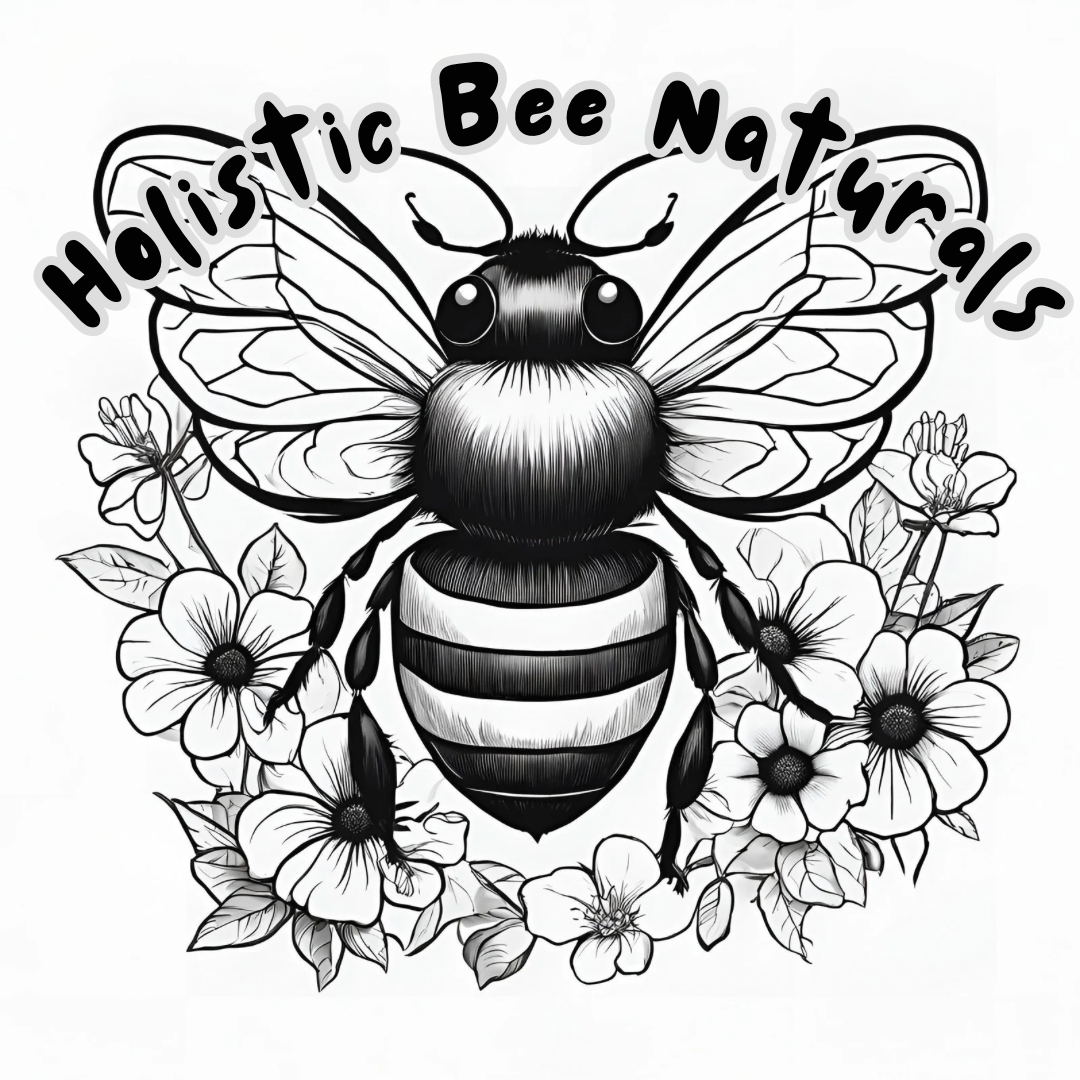The Philosophy of Vitalism
Vitalism is the belief that life is more than just the sum of physical and chemical processes. At its heart, it suggests that living beings are animated by a vital force—an energy or essence that cannot be reduced to material explanations alone. While modern science often focuses on measurable data, vitalism reminds us that life carries a mystery, a spark, and a depth that transcends what can be seen under a microscope. This philosophy continues to hold a meaningful place in today’s spiritual and holistic healing practices because it speaks to something timeless: the recognition that life is more than matter, that healing is more than medicine, and that vitality is the essence of being alive. In a world that often reduces life to data and mechanics, vitalism invites us to remember the mystery, beauty, and sacred energy that flows through all living things.
Vitalism has roots in ancient traditions across cultures. From the concept of prana in India, qi in China, and élan vital in Western philosophy, the idea of a life force has been central to how people understood health, vitality, and the human spirit. This philosophy emphasizes that health is not just the absence of disease but the harmonious flow of this vital energy throughout the body, mind, and spirit.
In today’s fast-paced, technology-driven world, many people feel disconnected from themselves and from nature. Vitalism offers a counterbalance by affirming that life is sacred, interconnected, and infused with meaning. It encourages a holistic view of health, where emotional, spiritual, and physical well-being are inseparable.
Holistic healing practices such as acupuncture, Reiki, yoga, herbal medicine, and energy work are deeply influenced by vitalist thought. These practices do not simply aim to treat symptoms but to restore balance, awaken inner vitality, and support the body’s natural ability to heal. In this way, vitalism provides a framework for healing that honors both the seen and unseen aspects of life.
While vitalism may not align with the strict materialism of modern science, it offers a perspective that resonates with human experience. Many people sense that healing involves more than biology—that love, intention, and energy play a role in recovery and resilience. Vitalism bridges the gap between science and spirit, reminding us that healing is as much about nurturing the soul as it is about treating the body.
Embracing vitalism in daily life can be simple yet profound. It may mean practicing mindfulness, spending time in nature, eating foods that feel alive and nourishing, or engaging in practices that cultivate inner energy. It is about honoring the rhythms of life, listening to the body’s wisdom, and recognizing the sacredness of existence.
